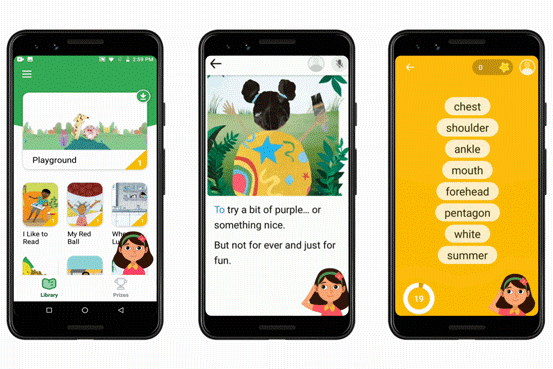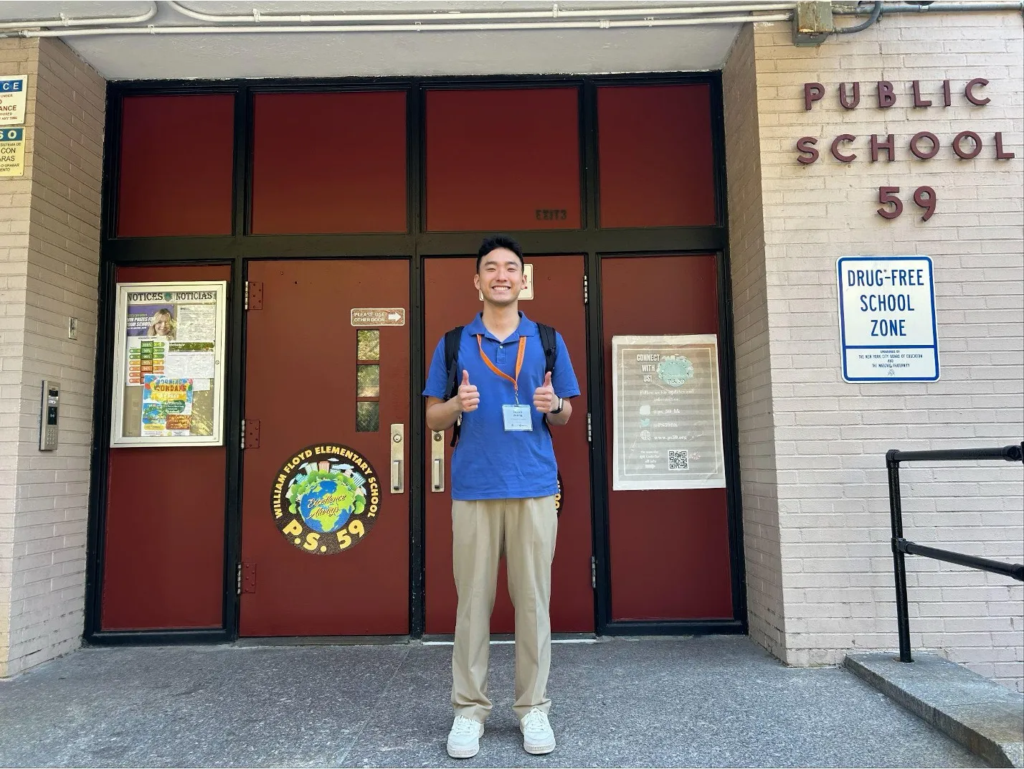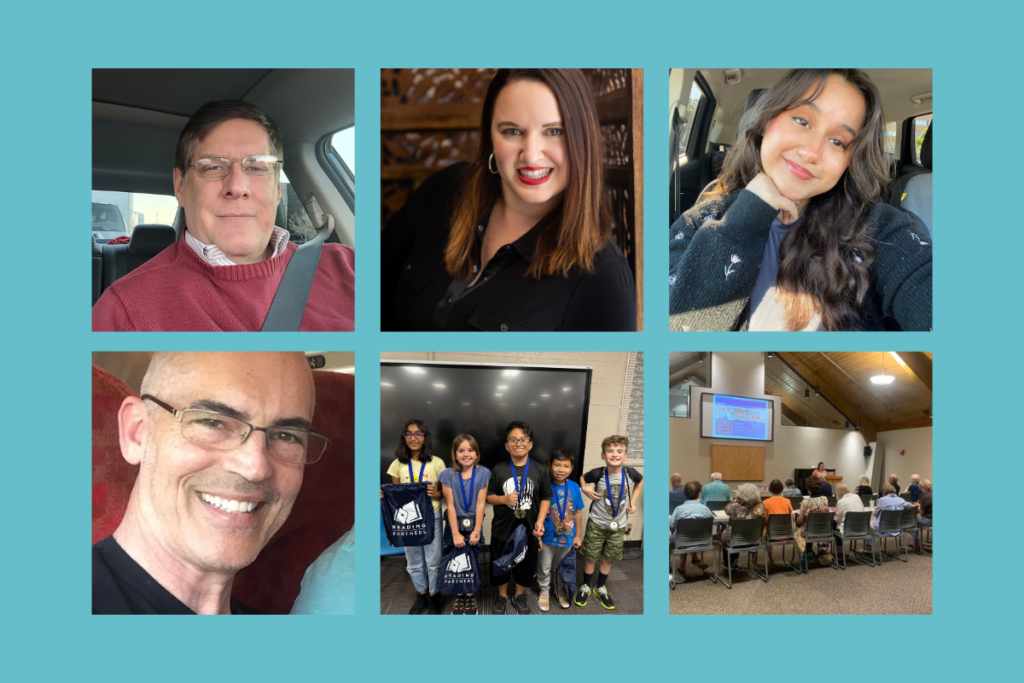
20 Ways Tech Can Keep Your Kids Engaged and Learning This Summer
May 26, 2020
Originally published in the Wall Street Journal by Julie Jargon
What does summer even mean without camp? Online resources from school districts, nonprofits and tech startups can help keep children’s minds sharp
Many parents are viewing summer with a mix of relief and dread: relief that home schooling is coming to an end, and dread that what likely follows is three months of…nothing.
Summer has always been a time when academics have slipped, but it’s usually a small price to pay for outdoor activities and socializing. Now, with many camps, community pools and recreation centers closed due to the coronavirus pandemic—not to mention libraries, the cornerstone of summertime literacy efforts—parents and educators worry the downtime will be wasted on YouTube and videogames, leaving students further behind than ever.
Students will return to school in fall 2020 with only an estimated 70% of the gains in reading achieved in a typical school year, and gains will be even smaller in math, according to the nonprofit education-services firm NWEA.
“This summer, the gap is going to be huge for all students but even more so for students who lack technology,” said Daniel Domenech, executive director of the School Superintendents Association. “There’s interest in many districts to continue online education over the summer, but it will run into the issue of whether all students will have the technology and whether they will participate.”
The pandemic has exposed the digital haves and have-nots. But even for families that have been able to access remote-learning programs, online school has been a poor replacement for the real thing.
Some school districts are getting creative about closing the tech gap and preparing for summer. In Cleveland, where an estimated 40% of families don’t have access to high-speed internet, schools delivered more than 4,000 wireless hot spots and more than 15,000 laptops and iPads to families when instruction moved online in March. The district plans to let families keep those devices over the summer.
Some parents opted out of online school when juggling their jobs and acting as both tutor and tech support proved too difficult. Others, like my husband and I, have stuck it out through gritted teeth, if only for the daily structure online school provides—and the alternative it offers to lower-quality screen time.
For parents looking to curb the summertime slide and who have access to technology—not to mention the time required to keep kids on task and engaged—there are numerous options, many free or discounted. I consulted education and literacy experts and did my own research to come up with this list. There’s something here for every age group, going well beyond the educational tech options I provided in an earlier column.
Virtual Camp
Varsity Tutors: This online education company offers free weekly virtual “summer camps,” typically five one-hour sessions where kids can try things like brushing up on art skills or learning to speak Mandarin.
Camp Edmo: This online camp offers instruction in science, technology and nature, with a sliding-scale tuition model, meaning families can pay the full price or opt to use a discount code if they can’t afford the $15-an-hour rate.
Lavner Camps: This national program offers virtual camps that range from coding and app development to fashion design.
iD Tech: The company’s virtual camps range from 3-D modeling to making your own Roblox and Minecraft games.
Camp Supernow: Designed for ages 5 to 11, with a different theme each week, this virtual camp offers home science experiments, arts and crafts, theater games and meditation.

Camp Supernow is offering virtual summer camps with weekly themes in such areas as science, arts and crafts and theater.
PHOTO: CAMP SUPERNOW
CodeWizardsHQ: Live online classes teach kids 8 to 18 how to code for virtual-reality games, online multiplayer games and computer-vision apps.
Camp KiwiCo: This monthly subscription-based service ships boxes filled with hands-on engineering, art and science projects for kids (and adults) of all ages. For summer, it is set to launch free five-day sessions of themed DIY activities and videos that can be done with or without a subscription to its crates.
Literacy
Storyline Online: This children’s literacy website streams videos of celebrities reading children’s books. Reading Partners, a nonprofit literacy program, has organized several of the book readings by grade level.
Reading IQ: A subscription-based service offering a large online library of books across age groups and reading levels, including books in Spanish.
Read Along by Google: Google developed a new Android app with speech recognition technology that can detect when a child is struggling or reading correctly.

Google developed an Android app, Read Along by Google, that uses speech recognition technology to detect when a child is struggling to read certain words.
PHOTO: GOOGLE
Story Time on Facebook’s Portal: Families who have a Facebook Portal videochat system can connect with far-flung friends and relatives, or with someone sitting in the same room, to read stories together through an augmented-reality program featuring animation and virtual masks for the characters in the story.
Bright by Text: Reading Partners, the nonprofit literacy program, has partnered with the nonprofit Bright by Text to deliver text messages to parents in English or Spanish with free reading activities and tips on how to boost kids’ literacy skills. Tips include touching each word with your finger as you read and pausing on each page to discuss the story.
Audible Stories: Amazon’s audiobook division is offering free instant streaming of children’s stories across six languages.
Apple Learning from Home: Apple, maker of the iPhone and iPad, curated a list of educational apps from the App Store and of children’s audio books from iTunes.
Math and more
Freckle Math: A free website with math questions and games tailored to kids’ individual skill levels. The site also has learning activities in language arts, social studies and science.
Adventure Academy: Online multiplayer games with math-related quests for ages 8 to 13 are available from Adventure Academy’s subscription service. There also are games teaching science, social studies and language arts.

Adventure Academy offers online multiplayer games with math-related quests to make math fun for kids ages 8 to 13.
PHOTO: AGE OF LEARNING
Lego Education: Lego Education has activities by grade level through grade 8 to help teach kids math and science concepts.
National Math Foundation: This nonprofit has several math and movement activities that can be done inside or in the backyard to help keep young kids active while learning basic math. There are also tips for how the activities can be adapted for older children and those with special needs.
Share Your Thoughts
What do you plan to do to keep your kids busy and engaged this summer? Join the conversation below.
Development and Research in Early Mathematics Education: This network of early-education scholars based at Stanford University shows families how they can incorporate math lessons for young children into everyday activities such as baking and cleaning.
Flocabulary: This subscription-based online learning site has interactive math lessons for all grade levels, from basic addition and subtraction up to statistics and probability, as well as lessons in language arts, social studies, science and life skills.
—For more WSJ Technology analysis, reviews, advice and headlines, sign up for our weekly newsletter.
Write to Julie Jargon at julie.jargon@wsj.com



